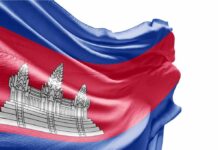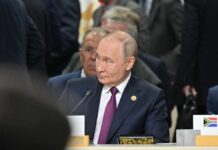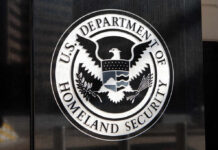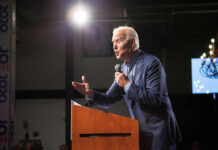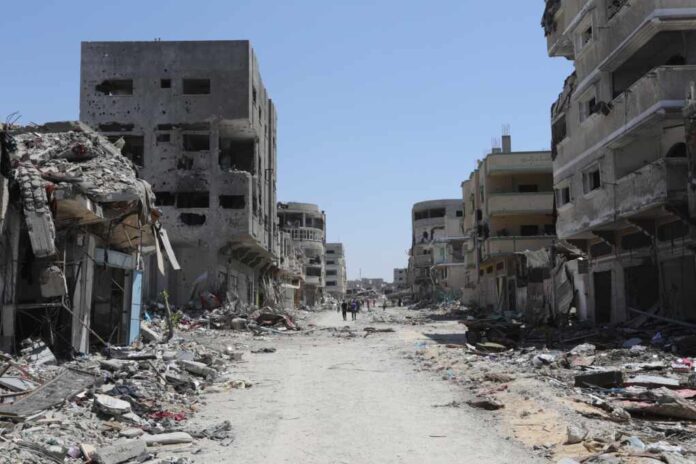
Could the UK be inadvertently funding terrorism under the guise of humanitarian aid to Gaza?
At a Glance
- The UK, France, and Canada oppose Israel’s military strategy in Gaza.
- Aid allegedly misdirected to Hamas, via a Hamas-linked ministry.
- UNICEF maintains partnerships with controversial entities in Gaza.
- Amit Segal questions the timing and continuation of UK policies.
- Ghazi Hamad, a senior Hamas figure, allegedly involved in aid redirection.
UK’s Humanitarian Aid: Unwitting Support for Hamas?
Significant concerns arise as NGO Monitor reveals UK aid, meant for humanitarian support, may indirectly facilitate Hamas operations in Gaza. According to a British Consulate-General document, funds distributed through the Ministry of Social Development (MoSD) could be manipulated due to Hamas’s control since 2007. Ghazi Hamad, a known Hamas official, leads the ministry, further complicating trusted aid delivery.
Though intended for charitable causes, such aid faces accusations of being allocated for military infrastructure and operations. UNICEF and other NGOs face criticism for maintaining partnerships with entities controlled by Hamas, particularly when Ghazi Hamad’s connections became apparent. UNICEF, backed by the EU and UK, claimed in 2024, “this humanitarian cash transfer program… is supported by the European Union, the UK Foreign, Commonwealth and Development Office (FCDO).”
International Backlash and Ethical Implications
The UK, alongside France and Canada, criticized Israel’s military expansion, calling for aid aligned with humanitarian standards. “We strongly oppose the expansion of Israel’s military operations in Gaza,” declared UK and allied leaders. Meanwhile, UK aid continues, critics argue, potentially funding Hamas activities. The US and British leaders once called Ghazi Hamad a “senior Hamas official,” yet the UK government’s checks and balances remain under the spotlight.
“A Hamas-controlled entity was an integral partner in determining how cash assistance provided by the UK government to UNICEF would be distributed in Gaza” – NGO Monitor’s Anne Herzberg.
Western leaders also insist on adherence to international law, calling settlement expansions illegal. Their statement frames ongoing military expansion as universally detrimental to any lasting peace process. Yet, with humanitarian endeavors inadvertently channeling funds into Hamas coffers, sovereign governments face a dire ethical conundrum.
— dan linnaeus (@DanLinnaeus) November 5, 2024
Moving Toward Transparency and Accountability
Revelations regarding UK aid misdirection to Gaza illuminate an unsettling trend. Criticism mounts as aid accountability remains dubious, underscoring NGOs’ urgent need for financial transparency. Amit Segal absurdly queries, “But maybe London changed its policy after October 7?” following a Hamas offensive, noting continued financial support. These unsettling dynamics demand review if the UK’s objectives aim true humanitarian aid rather than inadvertently empower hostile entities.
“But maybe London changed its policy after October 7?” – Amit Segal.
For anyone keeping tabs on the delicate dance of geopolitics and humanitarian instincts, the UK finds itself at a critical crossroad. Realignment and steadfast scrutiny appear essential to ensure aid reaches those genuinely in need, without bolstering the coffers of organizations like Hamas. As always, transparency remains the pivotal beacon guiding ethical foreign policy.




